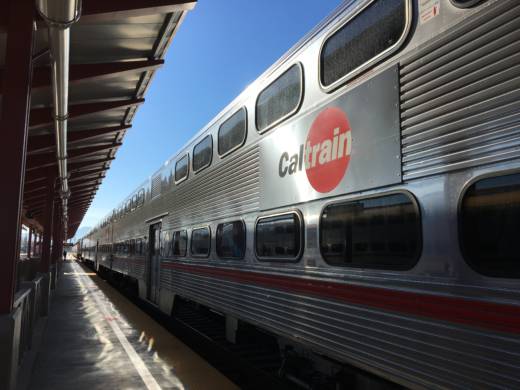A three-county sales tax ballot measure that Caltrain proponents say is critical to help the Peninsula rail service survive the coronavirus crisis and meet its future expansion goals has been derailed by a dispute over how the agency is governed.
At the center of the controversy are two members of the San Francisco Board of Supervisors who argue that the city doesn't have enough of a say in how the rail agency is run despite contributing millions of dollars of operating support every year. The supervisors, Shamann Walton and Aaron Peskin, say a funding measure shouldn't go forward until that's fixed.
Caltrain and its supporters, including 10 state legislators from the three counties the system serves, are warning that the rail agency may have to shut down and that plans to modernize the system could be sidetracked for years to come unless the proposed one-eighth cent sale tax is passed. They say that although the issue of how Caltrain is managed is a legitimate one, it can be addressed without blocking the tax measure.

